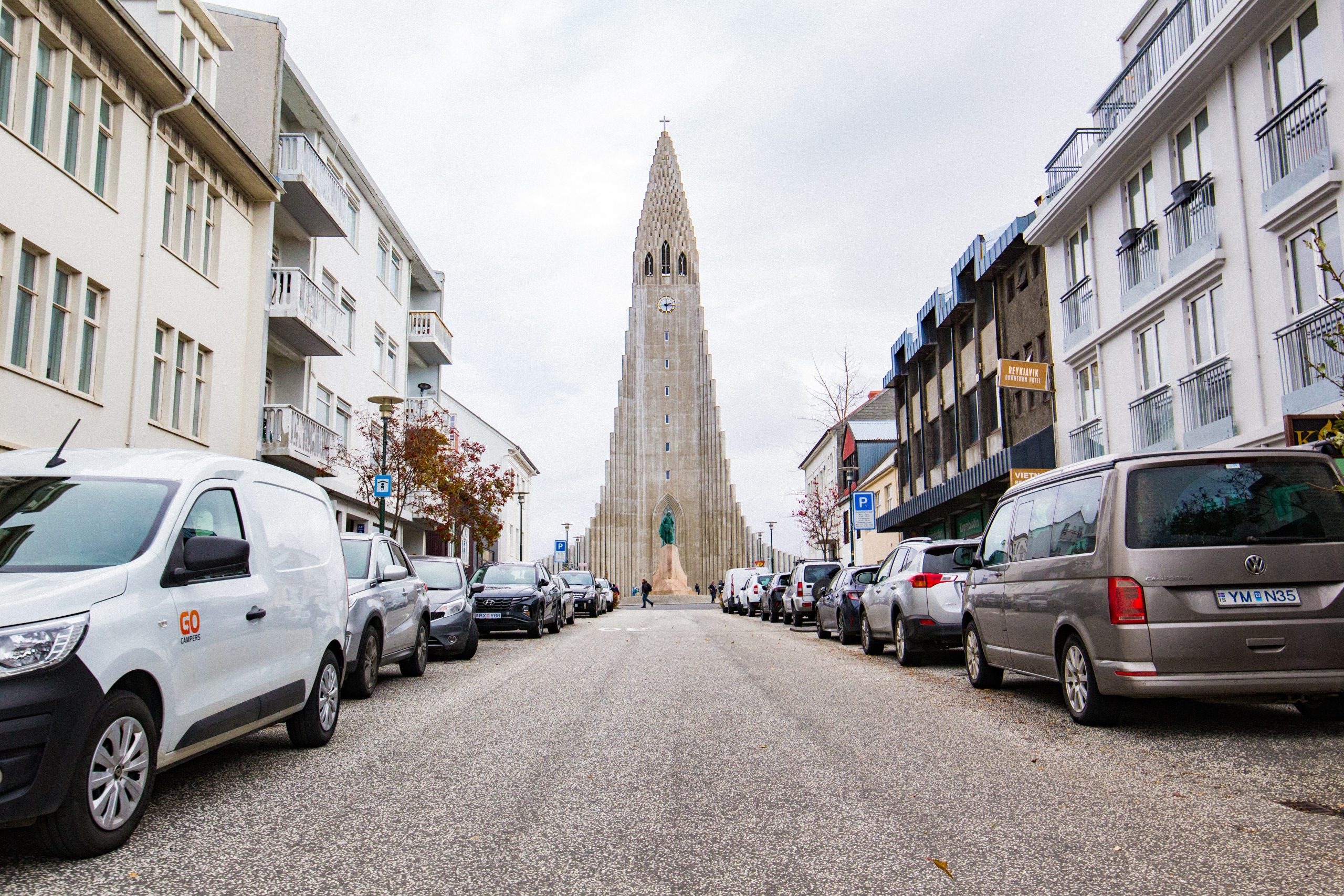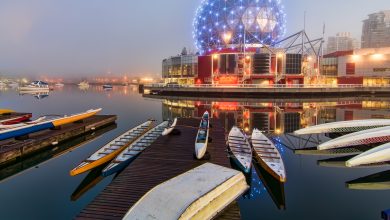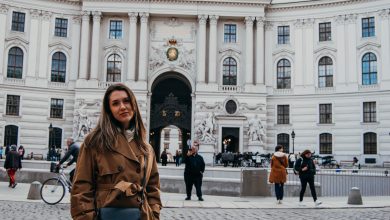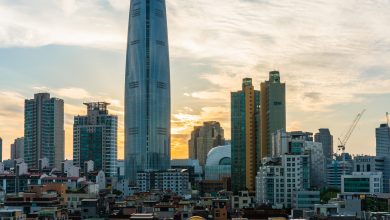Pros And Cons Of Living in Reykjavik, Iceland

Introduction:
Reykjavik, the capital city of Iceland, is known for its stunning natural landscapes, a strong sense of community, and unique cultural experiences. If you’re considering making Reykjavik your home, it’s important to understand the advantages and disadvantages of living in this Nordic city. In this blog post, we will explore 10 pros and 10 cons of residing in Reykjavik, providing valuable insights for individuals contemplating a move.
Pros:
1. Natural Beauty:
Reykjavik is surrounded by breathtaking natural beauty, including geothermal hot springs, majestic waterfalls, and volcanic landscapes. Residents can easily access outdoor activities like hiking, skiing, and exploring the famous Golden Circle.
2. Clean and Safe Environment:
Iceland consistently ranks among the safest countries in the world, and Reykjavik reflects this reputation. The city’s clean streets, low crime rates, and a strong sense of community contribute to a safe and welcoming environment for residents.
3. High Quality of Life:
Reykjavik offers a high quality of life, with access to excellent healthcare, education, and social services. The city places a strong emphasis on work-life balance, providing opportunities for personal and professional growth.
4. Cultural Scene:
Despite its small size, Reykjavik boasts a vibrant cultural scene. The city is known for its music festivals, art exhibitions, and theater performances, making it a hub for creative individuals and art enthusiasts.
5. Strong Sense of Community:
Reykjavik has a close-knit community where people actively engage with one another. Residents can experience a sense of belonging and participate in various community events and gatherings.
6. Low Pollution:
Iceland’s commitment to sustainable practices and renewable energy results in low pollution levels in Reykjavik. Residents can enjoy clean air, pristine water sources, and a commitment to environmental conservation.
7. Unique Midnight Sun and Northern Lights:
Living in Reykjavik offers the opportunity to witness the magical phenomena of the midnight sun during the summer months and the awe-inspiring Northern Lights during winter. These natural wonders create unforgettable experiences.
8. High Standard of Education:
Iceland places a strong emphasis on education, and Reykjavik is home to reputable educational institutions. Residents have access to quality education from primary schools to universities, making it an attractive destination for families.
9. Geothermal Energy and Hot Springs:
Reykjavik benefits from geothermal energy, which provides an eco-friendly and cost-effective heating system. Residents can enjoy geothermal pools and hot springs, offering relaxation and wellness opportunities.
10. Strong Work-Life Balance:
Iceland values work-life balance, with shorter work hours and generous vacation time. Reykjavik residents can enjoy a balanced lifestyle, with ample opportunities for leisure activities and spending time with loved ones.
Cons:
1. High Cost of Living:
One of the main drawbacks of living in Reykjavik is the high cost of living. Housing, groceries, and dining out can be significantly more expensive compared to other cities. Individuals should carefully budget and plan for the higher costs.
2. Limited Job Opportunities:
Reykjavik’s job market can be competitive, particularly for non-Icelandic speakers. While there are opportunities in tourism, technology, and creative industries, individuals with specialized skills may face challenges in finding suitable employment.
3. Challenging Weather Conditions:
Reykjavik experiences long, dark winters with limited daylight and cold temperatures. The weather can be harsh, and individuals who are not accustomed to such conditions may find it challenging to adapt.
4. Isolation:
Due to its geographical location, Reykjavik can feel isolated from other major cities. Traveling to other countries or even other parts of Iceland may require longer journeys and higher expenses.
5. Limited Cultural Diversity:
Iceland has a relatively homogenous population, which means that individuals seeking a diverse cultural environment may find Reykjavik less multicultural compared to larger cosmopolitan cities.
6. Language Barrier:
While many Icelanders speak English, the Icelandic language is the primary language used in daily life. Non-Icelandic speakers may face challenges in certain situations, such as navigating bureaucracy or socializing in certain circles.
7. Limited Shopping Options:
Reykjavik’s retail scene may be limited compared to larger cities. Individuals seeking a wide variety of shopping options or specific brands may find it necessary to travel or rely on online shopping.
8. Limited Public Transportation:
While Reykjavik has a public bus system, the coverage may not be as extensive as in larger cities. Reliance on public transportation may require careful planning, especially for individuals living in the suburbs.
9. Volatile Weather:
Reykjavik’s weather can be unpredictable, with rapid changes from rain to snow or strong winds. It’s important to be prepared for varying weather conditions and dress accordingly.
10. Limited Nightlife:
Compared to other major cities, Reykjavik’s nightlife may be relatively subdued. The city has a range of bars, pubs, and clubs, but the options may be limited, especially outside the peak tourist season.
Conclusion:
Living in Reykjavik offers a unique blend of natural beauty, strong community bonds, and a high standard of living. However, individuals should consider factors such as the high cost of living, limited job opportunities, and challenging weather conditions. By carefully weighing the pros and cons, individuals can make an informed decision about whether Reykjavik is the right place for them to call home.



